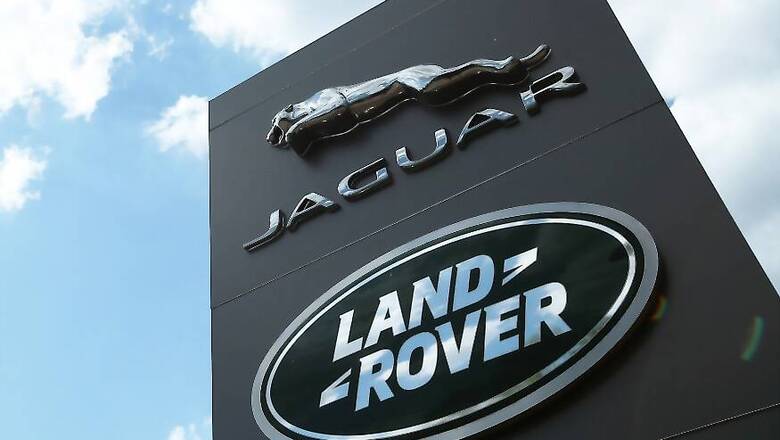
views
The all-pervasive and unavoidable synthetic polymer called ‘Plastic’ has become a part of our lives in every possible way. Over the last century, humanity has learned how to make various polymers using both natural and carbon loaded elements such as fossil fuels. The material which can be ‘pliable and easily shaped,’ also makes it strong, flexible and lightweight.
The inexpensive celluloid made material wealth and has helped people elevate from socially economic backgrounds. We now cannot imagine a world without plastics. While use and consumption of plastic is increasingly high, plastic waste directly and indirectly affects our planet’s fragile ecosystem including its inhabitants. This has sparked a new war on the ban of plastic, reducing its use and developing better biodegradable materials.
In one such endeavour, British car manufacturer Jaguar Land Rover has pledged to use sustainable leather produced using plastic waste in their next generation of future ready vehicles. Jaguar Land Rover is working with ECONYL nylon to develop high-quality interiors made from ocean and landfill waste.
Econyl, created by Aquafil – a global leader in the synthetic fibres industry, is produced from a combination of recycled industrial plastic, fabric cuts from clothing manufacturers, fishing net materials from the aquaculture industry and fishing nets recovered from the ocean floor. The salvaged material is chemically treated and broken down into a raw material, which will also be used in the production of clothing, sportswear and watch straps.
According to Jaguar Land Rover, the process and other by-products such as non-nylon, metallic materials or copper sulphate which is used for preventing seagrass growing on fishing nets, are removed and sent to alternative industries for recycling.
The collaboration with Aquafil and the introduction of Econyl is part of the company’s efforts to offer its customer the “same luxurious feel", but with minimal impact on the environment.















Comments
0 comment